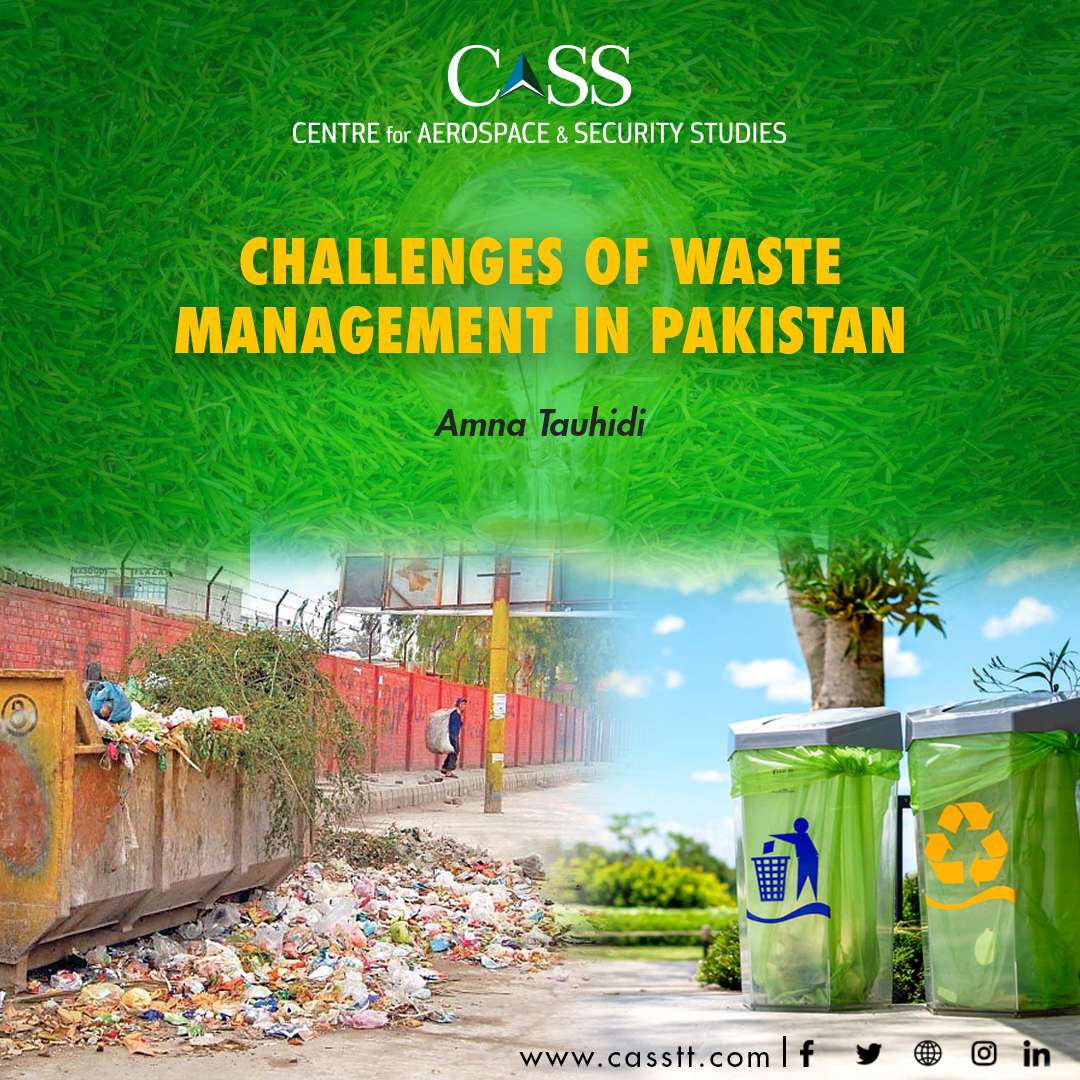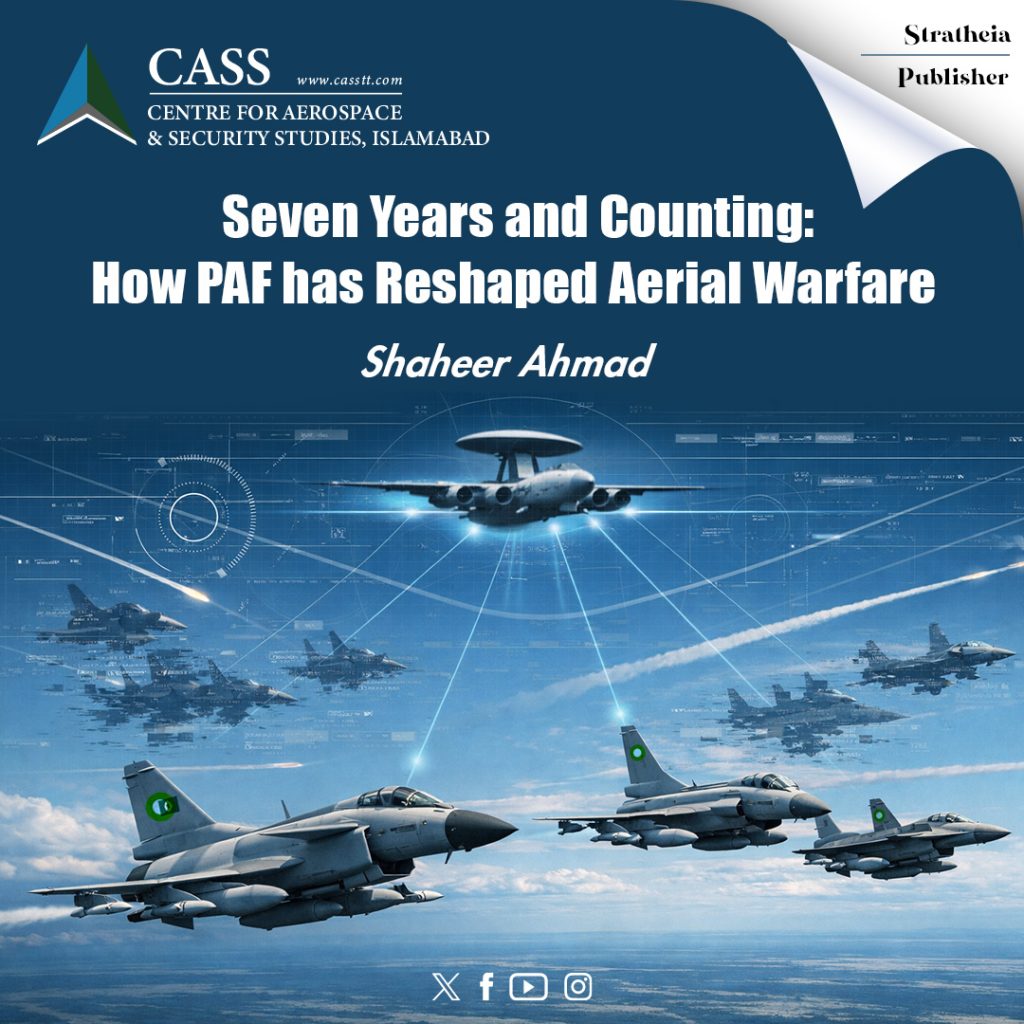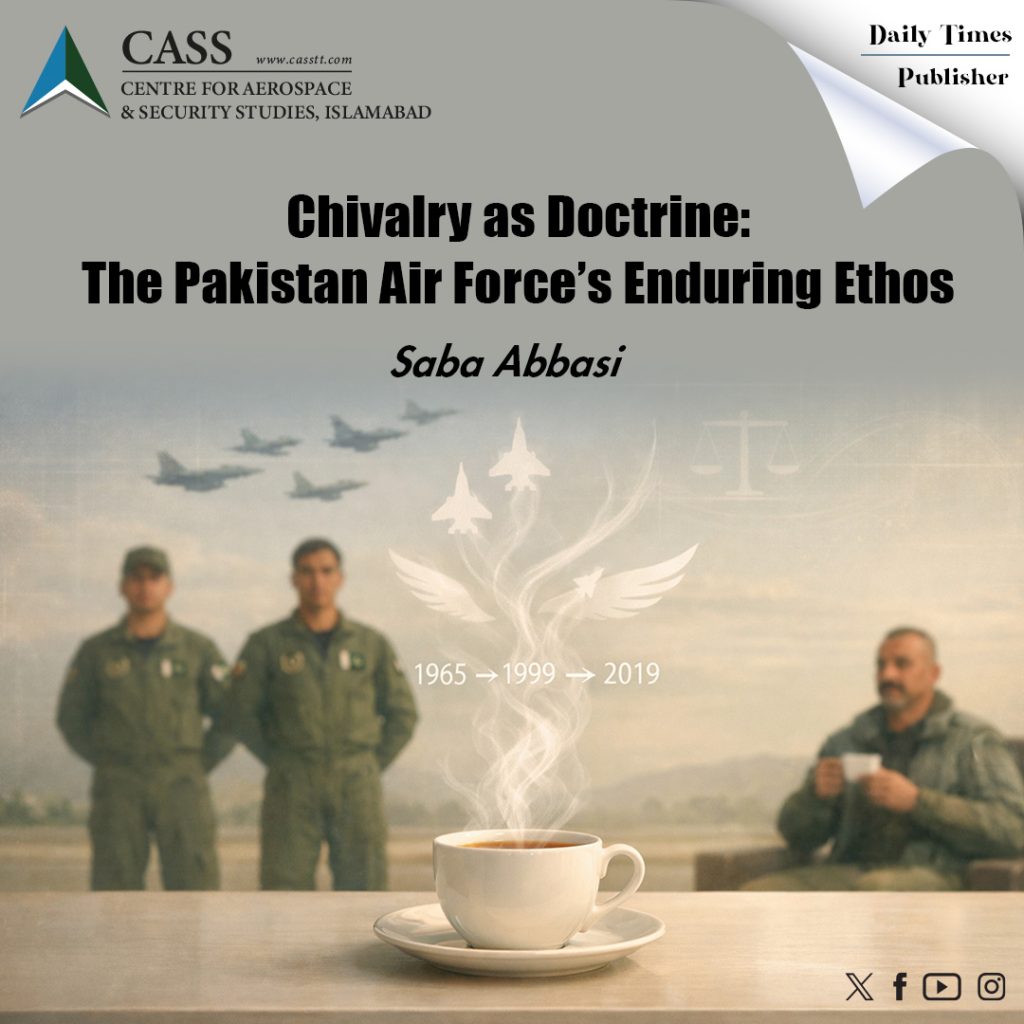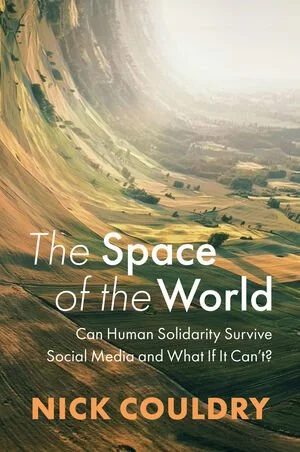Waste management, in simple terms, deals with the management and disposal of waste in a more environment friendly and sustainable manner. Solid Waste Management (SWM) is a global challenge affecting countries across the globe and posing a serious threat to the planet and its inhabitants. The key factors behind the rising level of waste include exponential growth in population, rapid urbanisation, economic development, growth of the informal sector, industrial diversification, and provision of expanded healthcare facilities. These factors will collectively increase the global waste production by 3.40 billion tonnes over the next thirty years.
Managing this heap of waste is becoming a grave concern for developing countries compared to developed ones. Developing countries are more risk prone to waste-related hazards as 90% of their waste is often disposed of in an unsustainable manner. These practices further lead to several public health, environmental, and climate challenges. Pakistan is no exception to these challenges. According to the latest figures by the Asian Development Bank (ADB), Pakistan is generating 30 million metric tonnes of Municipal Solid Waste (MSW) annually. The management of this huge waste has become a real-time challenge because the amount of waste generated and accumulated is far higher than waste management operations working in the country. This is evident from the fact that only 50-80% of the urban waste is collected by respective municipal authorities in large cities and very minimally in rural areas, undermining Pakistan’s ability to meet Sustainable Development Goals. Another factor that aggravates the problem is that Pakistan has become one of the top sites for advanced countries to dump their waste. The countries dumping waste in Pakistan include Iran, Saudi Arabia, United Kingdom (UK), United Arab Emirates (UAE), United State of America (USA), Belgium, Germany, Spain, Canada, and Italy. All these countries, including Pakistan, are signatory to the Basel Convention. So any import or export of waste containing hazardous substance is a violation of the Basel Convention.
Additionally, there are lacunas in waste management in rural areas as compared to urban areas. This gross mismanagement in turn poses a serious threat to public health. According to certain estimates, 5 million people die every year due to waste-related diseases. This is just one aspect of the challenge. Another aspect is the existence of an informal recycling industry that employs young children, most of whom are in their early teens, to collect waste. A study conducted by the Sustainable Development Policy Institute (SDPI) in 2003 revealed that approximately 89,500– 106,500 children are working as child scavengers in five major cities of Pakistan, including the capital Islamabad. They are exposed to an unhygienic environment and become vulnerable to skin and respiratory diseases. Almost four million children die each year due to waste-related diseases. The discouraging factor is that they are employed on minimum wages and are not covered under any form of social security.
Another drawback of waste mismanagement is visible in the form of the emission of methane gas. The decomposition of MSW, whether naturally or through deliberate burning, landfill dumping, etc., is considered the third major anthropogenic source of methane. The gas is considered a super potent greenhouse gas due to its warming impact – 25 times higher than that of carbon dioxide. Improper disposal of waste is also one of the major causes of clogging of drains and domestic flooding during heavy rains. In addition, the roadside dumping and burning of MSW generates furan and dioxin gases, which if inhaled, cause diseases that are more serious than cancer. Unmanaged MSW is also responsible for polluting sub-soil water. These challenges are a result of the collapse of a SWM infrastructure, meager resources, and the budget provided to the local municipal sector. Considering the multitude and magnitude of problems caused by the improper disposal of wastes in Pakistan, there is a mandatory need to put in place appropriate policies, legislations, and guidelines for the management of MSW.
Pakistan has enacted several legislations to counter the growing menace of solid waste. A few of these legislations include the Pakistan Environmental Protection Act (PEPA), 1997; Hazardous Substances Rules 2003; draft Punjab Hazardous Substances Rules 2020; Sindh Hazardous Substances Rules 2014; Hospital Waste Management Rules 2005; and National Environmental Quality Standards (2000), among others. Keeping in view the emerging threat of Pakistan becoming a dumping ground of waste, recently a National Hazardous Waste Management Policy, 2022, was also passed. While these initiatives are noteworthy and evidence of the government’s commitment to waste management, more needs to be done in terms of adopting modern SWM techniques and strengthening regulatory measures to monitor the waste exported/imported by the country.
Effective waste control measures can serve as a compelling tool for Pakistan in fulfilling its international environmental obligations and achieving SDGs, thereby contributing positively to the environment and climate security. Likewise, advanced solid waste management techniques can help in dealing with waste more sustainably while minimising the damage to the environment and human health. Other than this, more stringent regulatory and non-regulatory measures should also be framed and implemented with adequate budgetary resources. Regulatory measures may include formalising the recycling industry into the formal economy; provision of funds and incentives to the sector to improve waste collection; and setting domestic targets for hazardous waste and putting monitoring protocols in place. Whereas, non-regulatory measures may include education; religious sermons on cleanliness; awareness campaigns; capacity building of industries to manage their waste; issuing guidelines for different sectors regarding the management and segregation of waste; and inculcating a sense among the masses to keep their environment hygienic. Lastly, a more proactive and environment-friendly approach to waste management will make the country more clean, green, and sustainable for future generations.
Amna Tauhidi is a Researcher at the Centre for Aerospace & Security Studies (CASS), Islamabad, Pakistan. She can be reached at [email protected]
Image Credit: Online Sources





